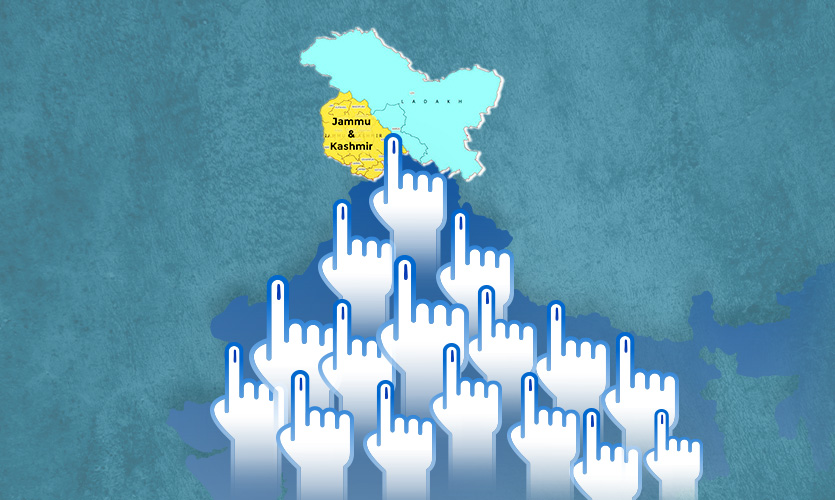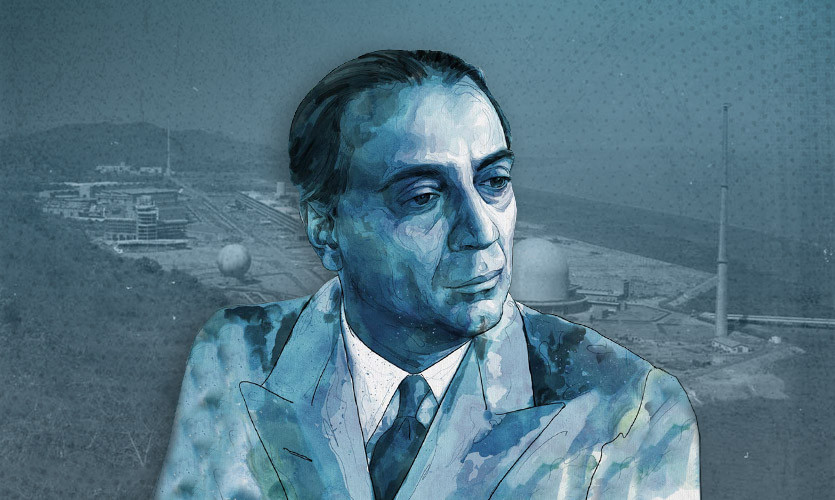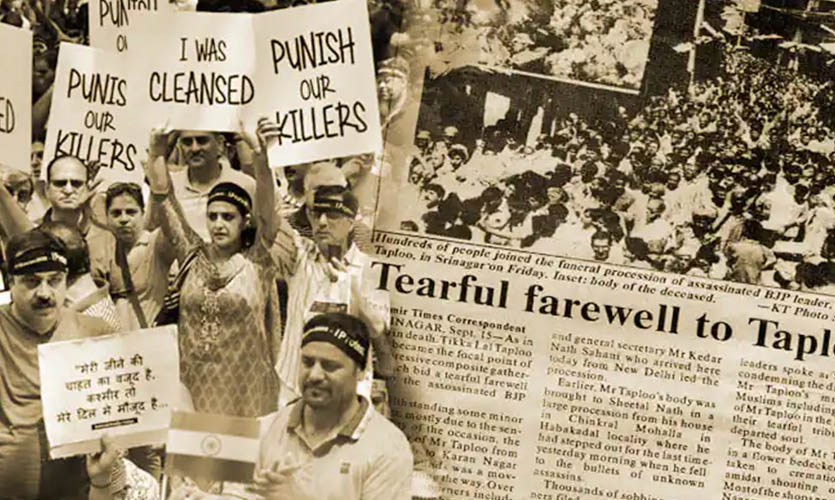Last week, Jammu and Kashmir and Ladakh Union Territories’ (UTs’) Chief Electoral Officer (CEO) Hirdesh Kumar informed that non-locals staying in the region can register their names and cast their vote in the assembly election, the schedule for which is yet to be announced.
The announcement has riled up a political storm in the region and in international debate circles, while also raising a question on whether it is justified.
What Has The ECI Said?
As the delimitation process drew to a close earlier this year in May, the Election Commission of India (ECI) implemented its suggested changes, including increasing six assembly constituencies in Jammu region and one in Kashmir, taking the total number of constituencies to 90. Following this, the autonomous body ordered the special summary revision of voters in the UT, and announced the publication of the final electoral roll on October 31. This led to speculation that the election may be held in November or December. On August 8, the ECI rescheduled the date for publication of the final electoral roll to November 25. The ECI is expecting an addition of 20-25 lakh voters to the list as J&K has not seen a summary revision in almost four years.
During his press conference, on August 17, CEO Hirdesh Kumar said:
“After the abrogation of Article 370, many people who were not enlisted as voters in the erstwhile J&K state are now eligible to vote and can be added to the voter list. As per the provisions of the Representation of the Peoples Act, a person living ordinarily in the UT can avail of the opportunity to get enlisted as a voter in J&K. He has to get enlisted as a voter and the ERO (Electoral Registration Officer) will take a final call on adding him/her in the voter list.”
This means that people who live in the region ordinarily, for work, education, labour or business, are eligible to register as J&K voters. The list could also include army officers stationed in the area. According to Kumar, with the revocation of Article 370, the prospective voters do not need a Permanent Resident Certificate or domicile certificate to register.
The chief electoral officer informed that conducting election in the region is a challenging process since a vast exercise is required. Reportedly, the final electoral roll aims to be error-free, including all new voters, especially the youth who have turned 18 in the last four years, and will have the photograph and Aadhar number of each voter. Kumar also said that the new voter IDs issued will have additional security features, and will be linked to the respective Aadhar numbers. Apart from this, J&K residents living in a different part of India can enrol in the list as service voters.
Political Disarray In The Valley
Jammu and Kashmir Peoples Democratic Party (PDP) chief Mehbooba Mufti, in what appeared to be a targeted forewarning, said, “Despite spending a hefty amount for deradicalisation, the decisions being taken will certainly radicalise the youth.” While pointing out the lack of provisions allowing Kashmiri Pandits to vote, she continued, “The government cannot change the ground reality, but it needs to resolve the issue once for all. It is not about legality, but about the intentions behind allowing voting rights to non-locals.”
She also tweeted: “GOIs decision to defer polls in J&K preceded by egregious gerrymandering tilting the balance in BJPs favour & now allowing non locals to vote is obviously to influence election results. Real aim is to continue ruling J&K with an iron fist to disempower locals.”
J&K National Conference (JKNC) leader Omar Abdullah tweeted: “Is the BJP so insecure about support from genuine voters of J&K that it needs to import temporary voters to win seats? None of these things will help the BJP when the people of J&K are given a chance to exercise their franchise.”
In what appeared to be a panicked reaction to the move, JKNC chief Dr Farooq Abdullah called an all-party meeting of the opposition, to discuss the announcement.
Protests broke out in Kashmir Valley and in Jammu region, during which local Muslim protesteres could be seen carrying placards saying, “Imported voters unacceptable.” During one such protest, PDP spokesperson Syed Suhail Bukhari was quoted as saying, “This change is unacceptable to the people of J&K, and we are united in fighting against this assault on our identity.” Interestingly, the protest was described as being against “the electoral demographic change being forced by the BJP”, by ’Mission PDP’ on Twitter. While it can be argued that it is not an official party page, Bukhari’s endorsement by sharing the same, seems to be reason enough to prove the sentiment authentic.
Following the opposition party meeting, the JKNC announced that it will be contesting all 90 seats of J&K UT on its own, which has raised questions on whether all is well within the People’s Alliance for Gupkar Declaration. While the development has been termed as the revelation of the so-called chinks in the armour of the PAGD, Gupkar leaders have been quick to defend the decision on technical grounds. “PAGD was conceived for a much larger cause than just an electoral alliance. If some constituent of the Alliance has reservations for any kind of electoral alliance , that will not impact our unity for the larger goal,” tweeted Bukhari.
Why Is It Presumptuous?
The move to include non-locals as voters in J&K seems to be presumptuous from all sides.
Firstly, it has been presumed that the move is a Bharatiya Janata Party (BJP) sanctioned conspiracy, as Mehbooba Mufti puts it, “to keep ruling J&K with an iron fist”. It is contentious reasoning because a) the ECI is one of the few permanent constitutional and autonomous bodies in our country (aside from only the Indian judiciary, the Comptroller and Auditor General of India, and the Union Public Service Commission), and is not answerable to any government; and b) it is possibly the first time that the UTs of Jammu and Kashmir and Ladakh are seeing due election process being implemented, like in other regions. It is unlike anything ever seen in the region before, during the countless Mufti and Abdullah administrations since India’s independence. According to ECI rules pertaining across the country:
“You can enrol as a Voter if you:
-
- are an Indian citizen.
- have attained the age of 18 years on the qualifying date i.e. 1st of January of the year of revision of electoral roll.
- are ordinarily resident of the part/polling area of the constituency where you want to be enrolled.
- are not disqualified to be enrolled as an elector.”
These norms became applicable in J&K and Ladakh with the abrogation of Article 370.
Secondly, it has been presumed that the change will be acceptable to the minority Kashmiri Pandit community in the Valley. The Delimitation Commission recommended to the central government in its report: “(There should be) provision of at least two members (one of them must be a female) from the community of Kashmiri Migrants in the Legislative Assembly and such members may be given power at par with the power of nominated members, of the Legislative Assembly of Union Territory of Puducherry.” Apart from this, as of August 27, there is no clarity on whether Kashmiri Pandit migrants will be allowed to enrol as either ordinary or service voters. Since CEO Kumar has said that no domicile or permanent residence proof is required to enrol, it is unclear if the State Subject document owned by a few Kashmiri Pandit migrants is enough to count as residential proof required to enlist. Moreover, since registration of a voter in more than one place can lead to disqualification, it is uncertain as to what it would mean for them if they were to engage in the enrolment process to become a voter in J&K.
Thirdly, it has been presumed that regardless of it being a BJP-led conspiracy (or not) it is a good thing, and that it will make a substantial difference, especially in the demographics. As per conversations with countless political commentators, and Kashmiri Pandit migrants, changing the demographics of the region is expected to provide an assured solution to security concerns in Kashmir. The Kashmir division, as per the 2011 population census (when J&K was still a state including Ladakh in its territory), is Muslim-dominated, with a 96.41 percent share. The Jammu division is largely Hindu-populated, with a 66 percent share. Overall, Muslims form 68.8 percent of the UT population, and Hindus form 28.8 percent. The addition of 25 lakh new voters would mean a 20 percent increase in electors, as per the last total population statistic gathered in 2011. While it is debatable which way it would go, since the class of new voters is expected to be soldiers, government servants, businessmen and migrant labourers stationed in the region, one need not venture too wild a guess. However, whatever little gap it closes, it won’t be possible without the support of the Kashmiri Pandit community, which has had recent flashbacks of being treated as an election strategy.
Although an autonomous decision of the ECI, given BJP leaders’ history, it is undeniable that this also reeks of vigilante politics, and therefore, sets a dangerous precedent. Even if there were to be a minute demographic shift and the BJP were to manage a more stable government, the region will always remain volatile in terms of security and power dynamics until all parts of Kashmir become integral parts of India, undisputedly. As that continues to remain an unrealistic expectation in the foreseeable future, the alleged move to interfere in electoral rights of the people of Kashmir could lead to drastic retaliation from extremists and even fence-sitters, the undercurrents of which have grown stronger ever since August 2019. Furthermore, if regional parties were to regain control of J&K administration in the future, the institution of theocracy that might be reinstated, may just be Bharat-manufactured.
The Horus Eye is a weekly column written by Divya Bhan analysing current affairs and policies. This column does not intend or aim to promote any ideology and does not reflect the official position of The Sparrow.
Also read: Why Does The Ethnic Cleansing Of Kashmiri Pandits Need To Be Recognised As A Genocide?
Also read: Islamist Terror Groups Issue Letters Threatening Kashmiri Pandits, Other Minorities










